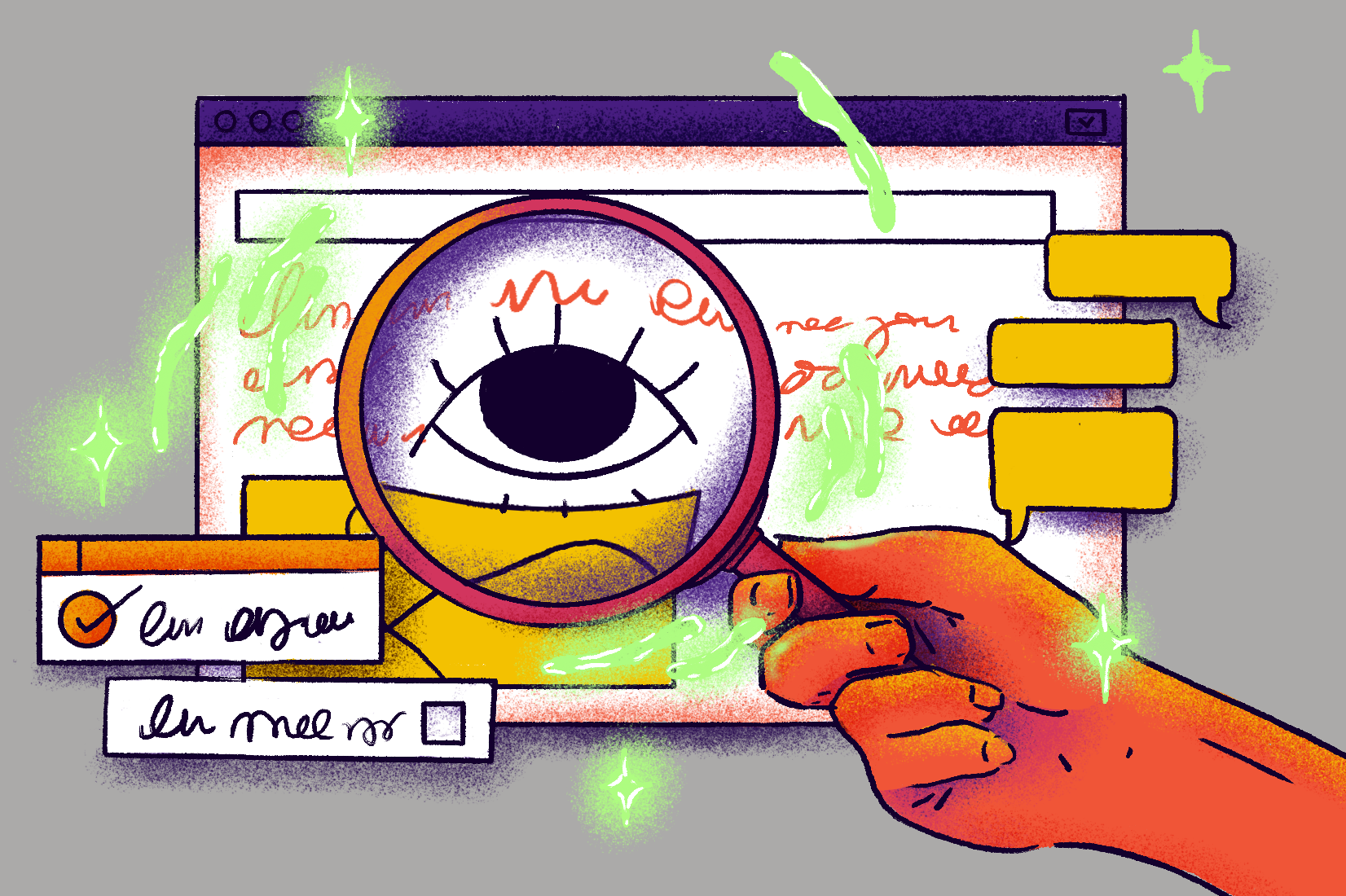We all know the power of social media, but the numbers are still mind-blowing. Figures from January 2024 put the total number of social media users at 5.04 billion worldwide, with users spending an average of 143 minutes each day browsing social media.
It means that, for event organisers, getting in front of even a tiny percentage of social media users can offer a massive boost. And, with the power of AI tools from Eventbrite and other AI social media tools, there are plenty of ways to do it.
Whether you’re organising paint-and-sip art classes or day parties, there are AI platforms and functionality that can help propel your social media game into the big time – and there are plenty of event-focused AI tools to use, even for beginners.
You don’t need to be doing all of the things listed below, of course, but with one eye on the AI trends of 2024, consider how some easy, accessible AI social media tools can give you a boost.
1. Audience analysis and market research
When it comes to social media, success isn’t so much about getting in front of the whole audience as the right one. Before you even begin your social media campaign, it’s worth trying to understand your intended audience in greater detail – who they are, where they live, what time they use social media, what kind of platforms they prefer to use, and what they think about your brand. In other words, market research that can help shape your social media strategy.
Rather than manually sifting for this information, there are some handy AI social media tools that will do it for you. GapScout, for instance, is useful as it automatically trawls the web for user reviews and tells you what your audience does and doesn’t like, while tools like SparkToro and CrawlQ use AI to break down who your audience (or potential audience) is, what they’re searching for, where they spend their social media time and more.
Social listening AI – that is, AI that monitors social media post content and user info – is well worth exploring, too. Suites like Audiense (which specialises in Twitter/X) dig into either your audience or a target segment, breaking users down into categories like demographics, socioeconomic status and related interests so you can deliver the right event messaging to the right people.
2. Automated content generation
AI-generated text, imagery and video isn’t only valuable for social media (we know that visual design is important for Google rankings, helping boost ticket sales), but it’s an easy way to help your event stand out on those busy user feeds, too.
If you’ve done your market research, you’ll have some idea of what users and platforms prefer in terms of content. Instagram loves imagery and video, for example, so if you’re planning on grabbing user attention on IG, consider some AI-generated image or video content. Generators like Canva, Dall-E and Midjourney make it easy to quickly create posters and other visual marketing collateral that will grab your audience’s attention.
Text-based generators like ChatGPT – and, particularly, more specialised copywriting AI software like Jasper, Ocoya and Eventbrite’s own tools – can help your social media content stand out, too, even in the mostly-visual feeds of Instagram. With the right text, it’s easy to provide your audience with extra information and CTA-style conversions, while social ad campaigns using Eventbrite’s AI-powered copy even get a 17% decrease in cost-per-click.
3. Content recycling
If you’re not familiar with content recycling, it’s definitely an important part of any strategy, falling under the ‘work smarter, not harder’ banner. As opposed to the content creation AI tools we just discussed, content recycling tools help you get the most out of past posts (or blogs, ad copy, videos – anything, really) by reinforcing your brand’s message, keeping your event in the minds of your audience, and helping you maintain a consistent presence without needing to create brand new content all the time.
Tools like Opus, for example, can take video content you already have (like footage from past events or your event announcement video) and build social-ready, short form video content that’s on-brand. For written content, HootSuite uses an AI assistant to rewrite old posts or create social media captions from long-form content, while tools like Quillbot are dedicated just to paraphrasing – great if you want to post the same content regularly, but are keen to keep it sounding fresh.
4. Channel-based optimisation
Social media marketing isn’t holistic. Like traditional media, different audiences occupy different spaces and the top social media platforms (that’s Facebook, YouTube, WhatsApp, Instagram, WeChat and TikTok, according to Semrush) each serve slightly different functions. Different audiences mean different content is best if you want your event to stand out. Remember, there’s no one-size-fits-all approach here
To fine-tune your omnichannel approach, AI social media tools on platforms like Buffer and SocialBee use AI to analyse and optimise social media content depending on where it’s going to go. If you’ve written copy for Facebook, for instance, this style of AI tool might offer an alternative version better suited for a platform like X or Instagram. If you want your event to really stand out, a channel-based approach to social media is the way to go.
5. Content calendar and AI-powered scheduling
Social media success isn’t just about what you post, it’s about when you post. Marketers have used content calendars to plan and schedule posts since the dawn of social media but even with years of experience, content scheduling is a bit of an art form. Thanks to AI social media tools, though, a lot of the guesswork and hands-on posting can be easily automated these days.
Platforms like CoSchedule, for instance, use AI to automatically post your content (or recommend you times to post) based on data like previous post performance and the type of social media platform you’re targeting, while FeedHive can look at data like follower activity, engagement and the content of your planned post, and schedule accordingly.
Unlock your event’s social media potential in 2024
If you’re looking to grow your event’s visibility in 2024, AI social media tools can be a powerful ally. Although we’ve listed a wide variety of tools above, there’s definitely no need to use them all. Rather, consider your event goals, strengths and opportunities, and find the right AI for your needs.






